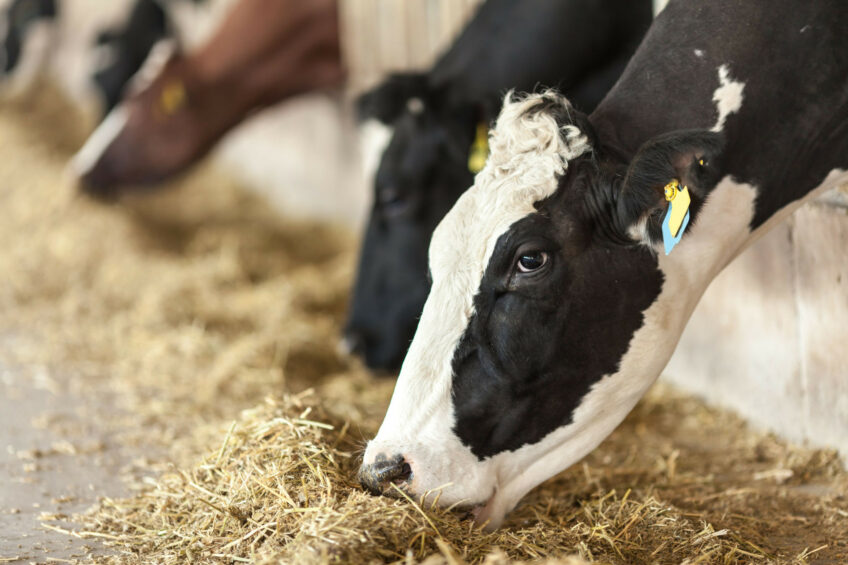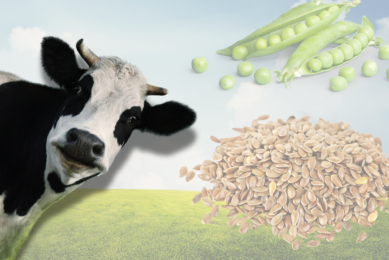
As global temperatures rise, heat stress is becoming a major challenge for ruminant productivity and welfare—especially in high-producing dairy and beef cattle. While breeding for heat tolerance is one approach, new research suggests that nutrition, specifically targeted amino acid supplementation, can play a critical role in mitigating the physiological impacts of heat stress. The study, published in the journal Animal Frontiers, suggested that, besides breeding efforts for heat tolerance
Get full access to all stories on All About Feed
This Premium article is exclusively available for subscribers.
Obtain insights from exclusive interviews
Dive into articles covering trending industry topics
Stay up-to-date on the market trends
All the news is brought to you by experienced editors and experts from around the world

Marieke
Ploegmakers

Matthew
Wedzerai

Treena
Hein




